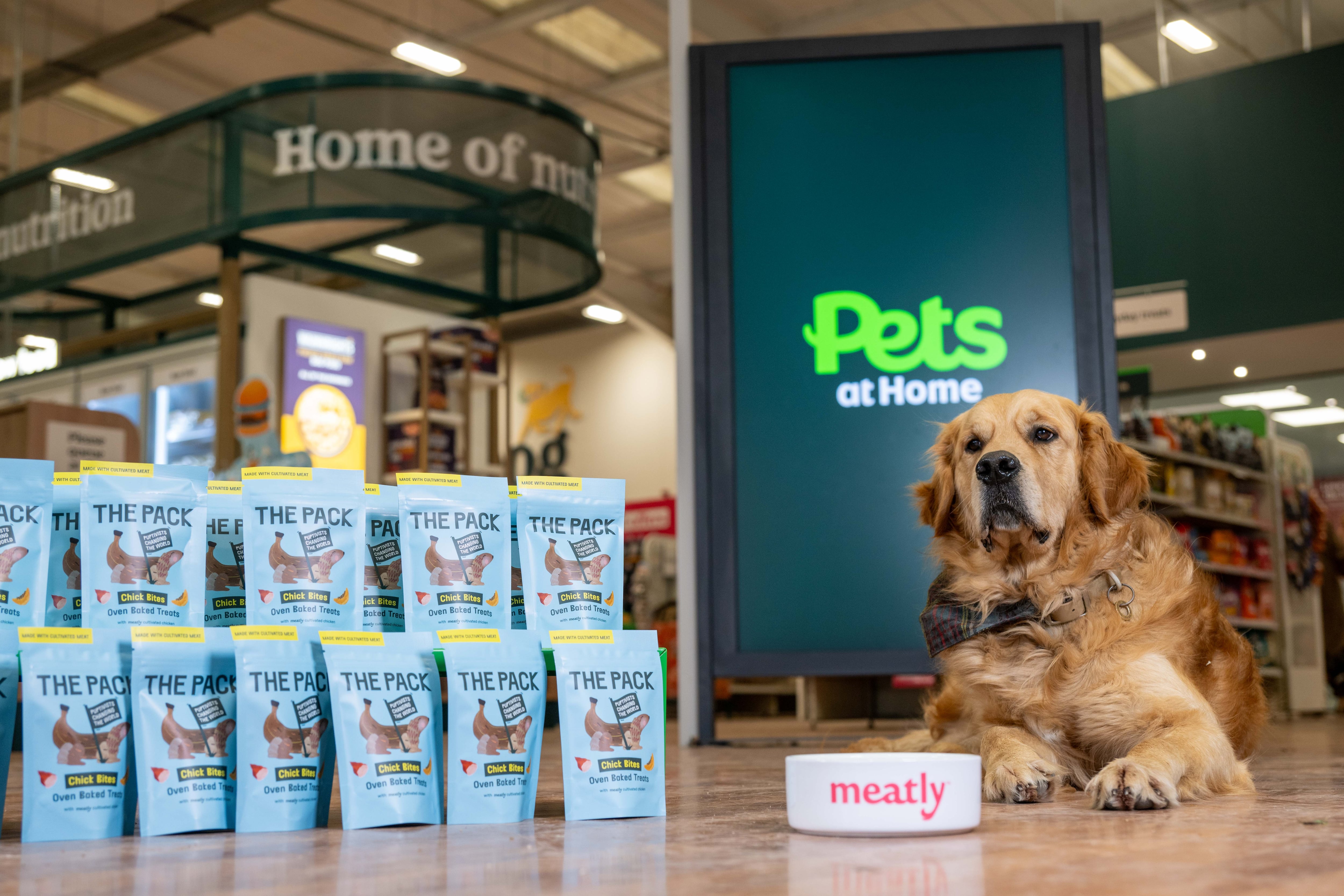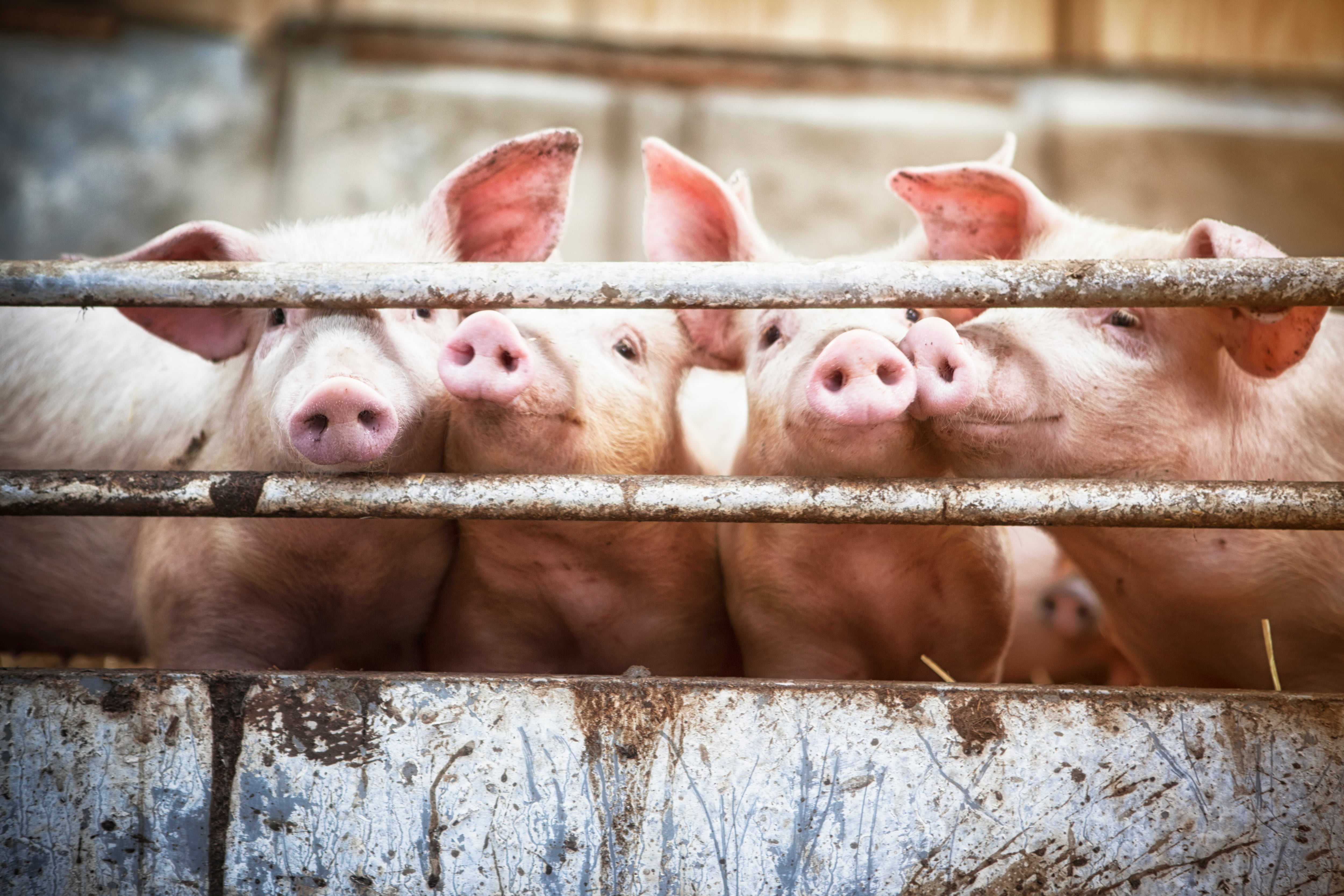Of the 43 breweries many are small, independent craft beer producers, with notable brands named by UHY Hacker Young Group including Fourpure, Magic Rock, By The Horns, Burton Town Brewery and Wild Weather Ales.
“The craft beer boom was one of the most exciting recent trends in food and drink,” said Brian Johnson, turnaround and recovery partner at UHY Hacker Young Group.
“Unfortunately, it is a sector that attracted too many entrepreneurs who struggled to break even. The recent closures suggest the UK’s craft beer market cannot continue to support all the independent producers that have sprung up in the last 15 years.
“Weak consumer spending means many breweries will have to adapt to leaner times.”
Johnson pointed to the combination of higher taxes on small businesses, rising energy bills and squeezed household budgets when diagnosing the challenges facing brewers. Margins have been further squeezed by inflation across ingredients and brewing equipment.
In last October’s Autumn Budget, chancellor Rachel Reeves announced plans to raise National Insurance contributions by employers from 13.8% to 15%, while also lowering the threshold at which businesses start paying National Insurance on worker pay from £9,100 to £5,000.
“For smaller brewers who rely on loyal local followings, even a slight dip in demand can tip them over the edge,” added Johnson.
“With so many brewers competing for attention, it’s increasingly hard to survive.”
These figures do not quite align with data published by the Society of Independent Brewers and Associates (SIBA) earlier this year, which found that at least 100 breweries closed down in the UK last year. According to SIBA, there were 1,715 breweries open in the UK as of January 2025, down from 1,815 in January 2024.
“The consumer appetite for independent beer is high and our indications suggest volumes for independent beer at the end of 2024 were up on 2023 – the issue for small independent breweries is lack of access to market and rising costs, making it incredibly difficult to remain profitable,” SIBA chief executive Andy Slee said at the time.





